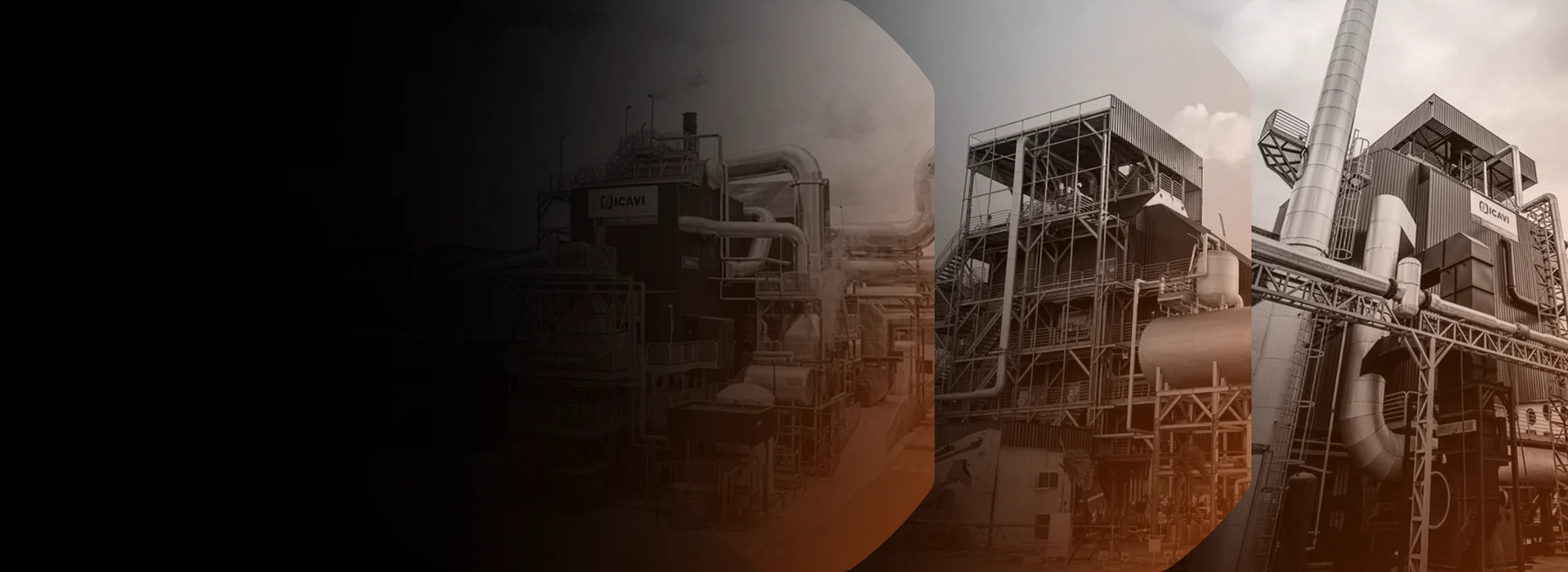

Somos uma empresa brasileira, com sede em Pouso Redondo no estado de Santa Catarina, desenvolvemos soluções para produção de energia térmica, através de um modelo renovável e sustentável.
Possuímos estrutura e equipamentos tecnológicos aliados a uma completa equipe de profissionais com ampla experiência. Realizamos projetos de pequeno a grande porte, orientados pela necessidade do mercado e os melhores resultados financeiros.
Veja mais
ICAVI é líder na entrega de projetos de alto padrão. Nossa solução completa abrange equipamentos de última geração, respaldados por uma equipe de engenharia de excelência. Com um parque fabril moderno e eficiente, garantimos os mais elevados padrões de fabricação.
Além disso, nossa transparência financeira oferece segurança em todas as negociações. Desde a concepção até a montagem final, cuidamos de cada etapa com maestria. Nossas altas certificações de qualidade garantem resultados superiores, visando sempre à satisfação total dos nossos clientes.
Os projetos ICAVI são meticulosamente adaptados às necessidades específicas de cada negócio, considerando minuciosamente as exigências do processo.
Neste momento, nossa equipe de engenharia está empenhada em realizar o estudo mais completo para encontrar a melhor solução.
Nossa equipe comercial, em colaboração com a engenharia, inicia o processo de cotação do projeto, com o objetivo primordial de oferecer o melhor valor para o cliente.
Com orientação direta da engenharia de base, nossa equipe comercial apresenta a solução mais otimizada em energia sustentável.
A fase de implementação é coordenada pela equipe de engenharia e pelos coordenadores da área, onde o projeto final sai do papel e é executado dentro do prazo estipulado